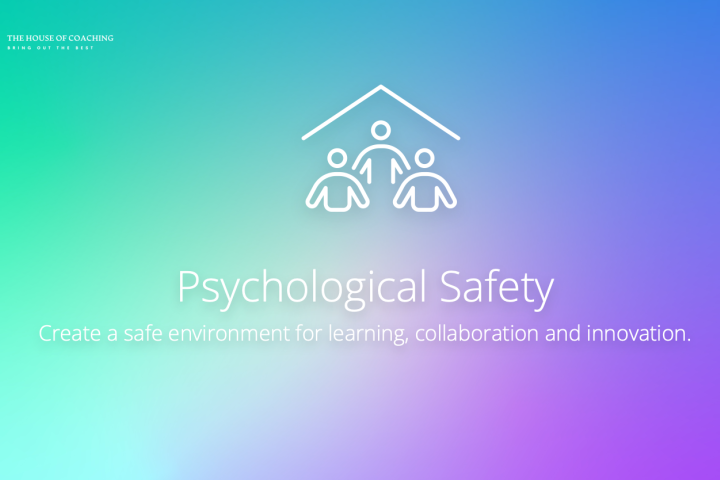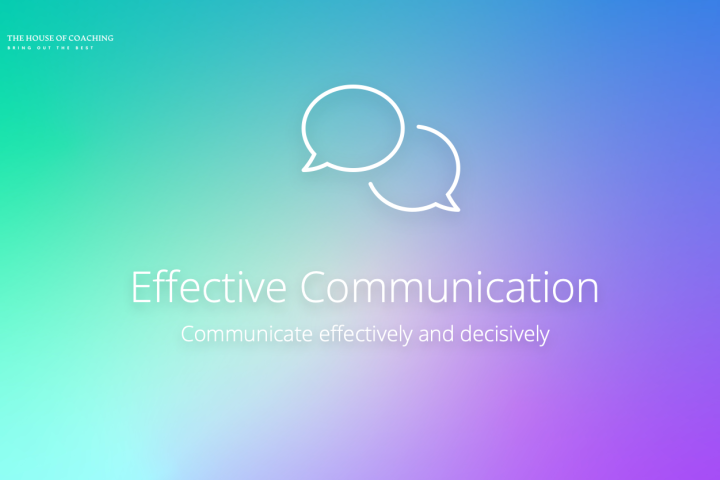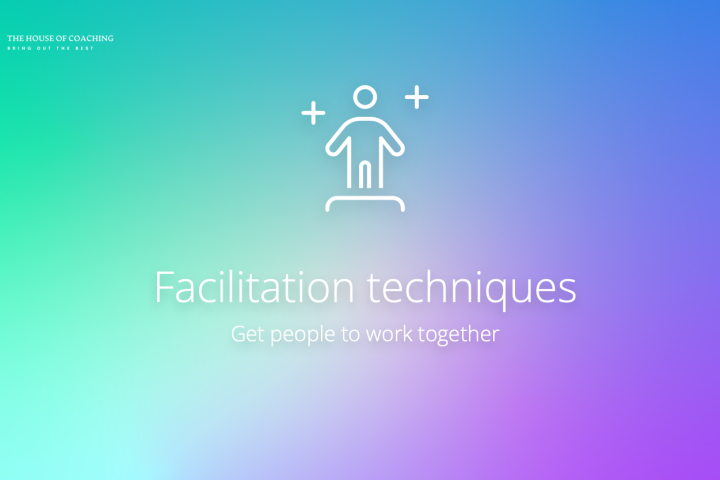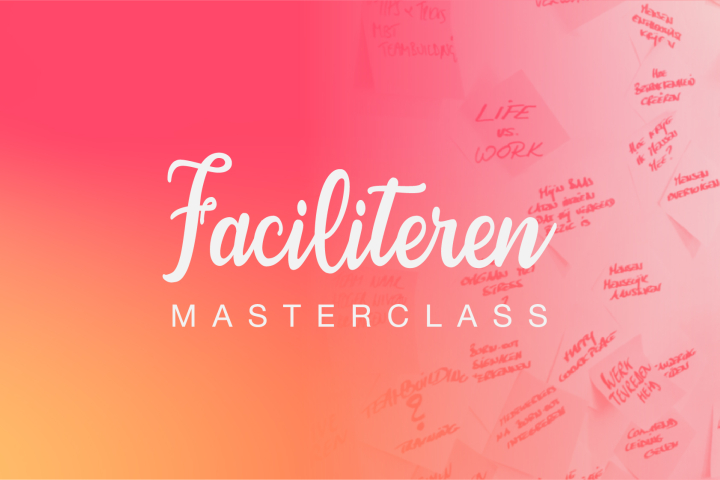

The silent killer of productivity
You've invested in the best tools, hired top talent and even incorporated wellness programmes. Yet something is not right. Teams are not performing optimally, creativity has never been lower and stress levels are skyrocketing. What could you be missing?
When fear rules the office
Imagine a workplace where employees are hesitant to speak up, where fear of making mistakes hinders innovation and where job satisfaction is just a buzzword. It is not a lack of skills or resources that holds you back; it is the absence of psychological safety. Research shows that when employees do not feel safe to express themselves, the consequences are severe - both for individual well-being and organisational performance.
A safe space is more than a trend
Elmira Nijhuis of VU University Amsterdam and Amy Edmondson, a leading expert on psychological safety, both agree: a psychologically safe environment is not a luxury; it is a necessity. Their research shows that teams with high levels of psychological safety are more engaged, more innovative and ultimately more successful.
Building the culture
So, how do you turn things around? Start by creating an environment where everyone - from trainees to leaders - feels heard and valued. Encourage open dialogue, celebrate mistakes as learning moments and train leaders to be more than just taskmasters. By making psychological safety a cornerstone of your organisational culture, you not only improve the working environment; you lay the foundation for unprecedented growth and innovation.
Psychological safety is more than a feel-good concept; it is a strategic advantage. By integrating it into your organisation's DNA, you don't just solve a problem; you unlock a world of untapped potential.
Speak-up: a four-step framework to unlock untapped potential
You've realised the importance of psychological safety, but how do you actually implement it? Here is a simple but effective four-step framework to encourage open dialogue and promote psychological safety during meetings.
The Check-In: pave the way for open dialogue
Imagine starting a team meeting to discuss a new project. Instead of diving straight into the agenda, you start with a check-in. You ask each team member to tell you how they feel about the project or what concerns they have. This simple act sets the tone for an open and inclusive discussion, making everyone feel comfortable expressing their opinions.
The Check-Up: Learn to listen actively
As the meeting progresses, the facilitator uses the LSD (Listening, Summarising and Questioning) technique. After a team member proposes a risky but innovative marketing strategy, the facilitator summarises the idea and asks clarifying questions to make sure everyone understands the proposal. This not only validates the team member's contribution, but also ensures that decisions are made based on a clear understanding of all perspectives
The Check-Out: We Agree to Disagree
Suppose the meeting gets heated over budget allocations. Opinions are divided and it is clear that no agreement will be reached today. Instead of letting the tension continue, you initiate a check-out. You give everyone a chance to express their final thoughts and agree to disagree for now. This avoids post-meeting chatter and ensures that all views have been acknowledged.
The Follow-Up: Turn words into action
The team decides to go ahead with a new marketing campaign. Instead of leaving it at a meeting, a follow-up is scheduled to track the progress of the campaign. Specific tasks are assigned, deadlines are set and a follow-up meeting is scheduled. This shows the team that their input has led to real, actionable results.
Empower your team to Speak-up!
By incorporating these four steps into your meetings, you do more than just pay lip service to the idea of psychological safety. You actively create an environment where everyone feels empowered to contribute, leading to more innovative solutions and a more engaged team.




